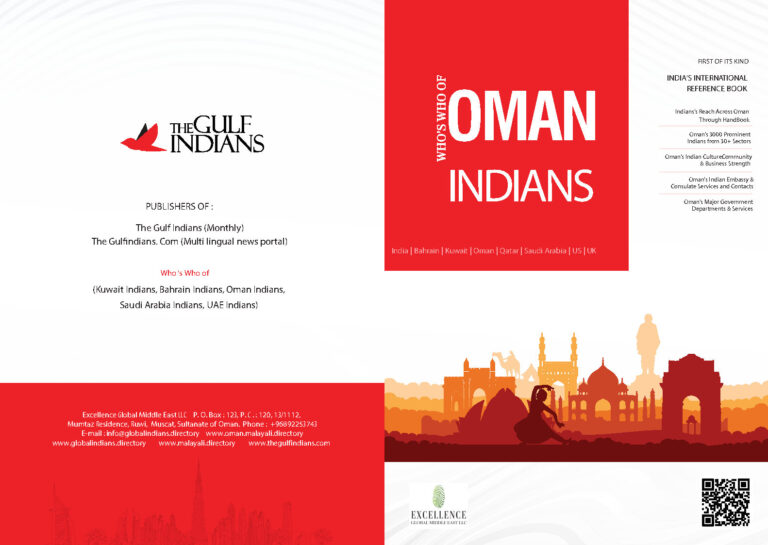RIYADH: The move follows a failed recruitment attempt from Neom and a subsequent freeze on advisory contracts with the Kingdom’s Public Investment Fund (PIF), putting PwC’s lucrative consultancy operations in jeopardy.
In an urgent bid to mend strained ties with Saudi Arabia, PwC has announced the departure of several senior board members in its Middle East division. Among those stepping down are Mohamed ElBorno, head of assurance, and Emma Campbell, in charge of partner affairs—both long-standing figures in the firm. More exits may be on the horizon, insiders suggest.
The fallout traces back to PwC’s attempt to poach Jason Davies, Neom’s former chief internal audit officer, which irked Saudi authorities. The kingdom responded in February with a one-year ban on new advisory contracts with PwC, although auditing services remain unaffected. This comes at a time when PwC’s Middle East unit is booming—recording a 26% rise in sales last year, far surpassing UK growth figures.
Saudi Arabia’s push for Saudisation through its Nitaqat programme is also reshaping the landscape for international consultancies. Firms are now under pressure to localise talent and reduce reliance on foreign hires.
PwC’s troubles strike a nerve not only because of lost contracts with PIF—whose assets touch nearly a trillion dollars and span global giants like Uber and Meta—but also because it risks losing ground in one of the world’s fastest-growing advisory markets. Gulf spending on external consultancy is expected to jump 12% this year, more than double the growth forecast for the US.
PwC had acquired its regional business for £15 million in 2009, and it has since become a cornerstone of its global operations. But in a region where relationships are everything, the firm now finds itself in damage control mode.













